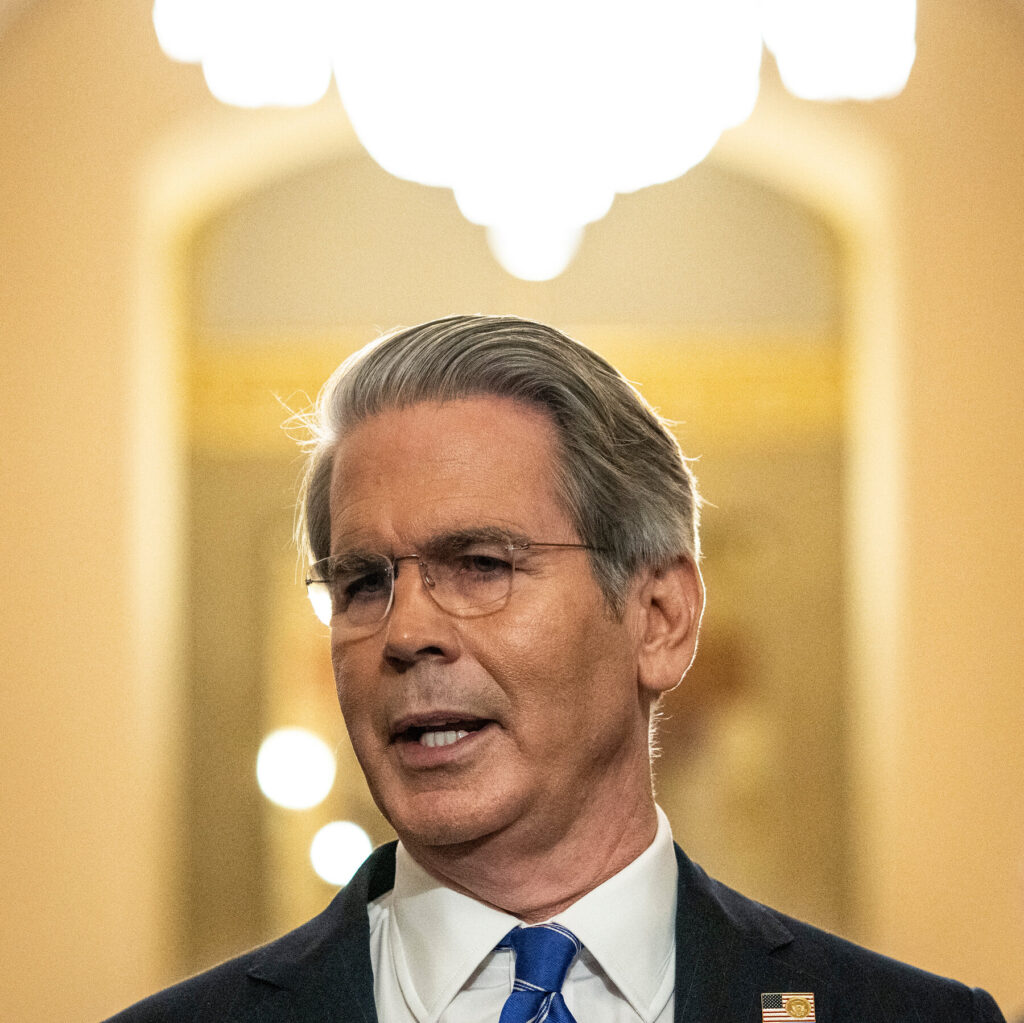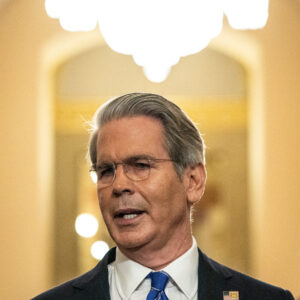
The United States is on the brink of finalizing several pivotal trade agreements by the end of this week, according to Treasury Secretary Bessent. However, he noted that certain countries engaged in negotiations may receive an extension until August 1 to reach a consensus.
The announcement comes at a critical juncture as the U.S. seeks to strengthen its economic ties globally amidst a shifting international trade landscape. Bessent’s statement underscores the urgency and complexity of these negotiations, which involve multiple nations with varying economic priorities and challenges.
Background on Trade Negotiations
Trade agreements have long been a cornerstone of U.S. economic policy, aimed at reducing tariffs, opening markets, and fostering economic growth. The current round of negotiations is particularly significant given the recent disruptions in global trade caused by geopolitical tensions and the pandemic.
Historically, the U.S. has pursued trade agreements to secure favorable terms for American businesses and consumers. These deals often involve intricate discussions over tariffs, intellectual property rights, and labor standards, among other issues.
Implications of the Extended Deadline
The decision to extend the deadline for some countries highlights the complexity of these negotiations. While the U.S. aims to finalize agreements swiftly, the extension provides additional time for countries that may need to address specific domestic concerns or logistical challenges.
According to trade experts, this flexibility is crucial for ensuring that agreements are not only comprehensive but also sustainable in the long term. “Rushing through trade deals can lead to oversight and unintended consequences,” said Dr. Emily Chen, an international trade analyst. “An extension allows for more thorough deliberation and alignment of interests.”
Expert Opinions and Analysis
Experts emphasize the strategic importance of these trade deals for the U.S. economy. With global supply chains still recovering from pandemic-related disruptions, establishing robust trade agreements could provide stability and growth opportunities.
Moreover, these negotiations are taking place against the backdrop of increasing competition from other economic powers, such as China and the European Union, which are also seeking to expand their trade networks.
“These trade agreements are not just about economics; they’re about positioning the U.S. as a leader in the global market,” said Dr. Mark Thompson, a professor of international economics. “The outcomes will have long-lasting impacts on how the U.S. engages with the world.”
Looking Ahead
As the deadline approaches, the focus will be on how quickly and effectively the U.S. can finalize these agreements. The extended deadline for some countries suggests a pragmatic approach, balancing urgency with the need for comprehensive and mutually beneficial outcomes.
The successful completion of these trade deals could bolster the U.S. economy and enhance its standing in the global market. However, the process also serves as a reminder of the complexities inherent in international diplomacy and economic negotiations.
Moving forward, the U.S. will need to navigate these challenges carefully to ensure that its trade policies align with broader economic goals and geopolitical strategies.
The coming weeks will be crucial in determining the trajectory of U.S. trade relations and the broader implications for the global economy.







